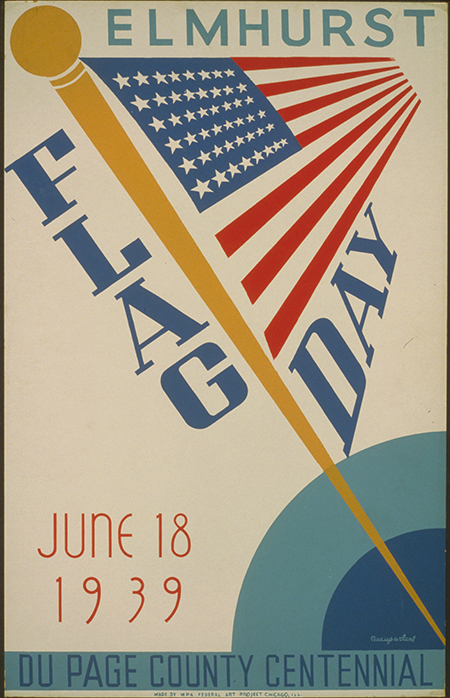Flag Day, celebrated on June 14th each year, is a poignant occasion for Americans to honor their national symbol: the American flag. This day marks the anniversary of the Flag Resolution of 1777, when the Second Continental Congress adopted the stars and stripes as the official flag of the newly formed United States.
**The History of Flag Day**
The story of Flag Day begins on June 14, 1777, when the Continental Congress passed a resolution stating that the flag of the United States be made of thirteen stripes, alternate red and white, and that the union be thirteen stars, white on a blue field, representing a new constellation. This design was attributed to the need for a distinct and unifying symbol during the American Revolution, offering a banner under which the colonies could rally against British rule.
However, it wasn't until over a century later that Flag Day began to be celebrated. Bernard J. Cigrand, a small-town Wisconsin teacher, is often credited with the idea of an annual flag day, which he ardently supported. Cigrand led his school in the first formal observance of Flag Day on the 108th anniversary of the flag resolution, on June 14, 1885. His advocacy for the flag didn't stop there; he continued to promote patriotism and respect for the flag throughout his life.
**The Significance of the Flag**
The American flag is more than just a piece of fabric. It is a symbol of freedom, democracy, and the history of a nation formed from the desire for self-governance. Each element of the flag holds specific significance: the 50 stars represent the states of the union, while the 13 stripes recall the original colonies that declared independence from Britain. Over the years, the flag has evolved with the nation, with stars added as new states joined the Union. This adaptability signifies the dynamic nature of American democracy.
Flag Day is not just about historical remembrance but also about contemporary relevance. It is a day for Americans to reflect on their freedoms and the principles of liberty and justice that the flag represents. It is a reminder of the sacrifices made by countless men and women to preserve those freedoms.
**Why Flag Day Is Important**
1. **National Pride:** Flag Day stirs a sense of pride in American citizens. It is a day for people to come together, displaying the flag on their homes, in parades, and at various public venues. It's a day that strengthens the bond among citizens, reinforcing their identity as Americans and their commitment to the values the flag stands for.
2. **Educational Value:** Flag Day provides an opportunity for educational institutions to teach young people about the flag's history and the values it represents. Understanding why the flag looks the way it does, and what each element symbolizes, can foster a deeper respect for the nation's history and its governance.
3. **Commemoration of Historical Events:** By celebrating Flag Day, Americans commemorate the founding events of their nation. It serves as a tribute to the historical events that shaped the United States, offering a time to reflect on the country’s journey from a rebellious colony to a world superpower.
4. **Unity:** In times of division, the flag can serve as a unifying symbol. Flag Day reminds citizens of their shared values and the common goals that unite them, transcending political or ideological differences. It reinforces the idea that despite diverse backgrounds and beliefs, everyone is ultimately part of the same national story.
5. **Honoring the Military:** Flag Day also serves to honor the military personnel who have fought and those who continue to fight under the banner of the American flag. It is a reminder of their courage, dedication, and the sacrifices made to defend the nation’s ideals.
**Observances and Celebrations**
Across the United States, Flag Day is observed with various events and ceremonies designed to honor the American flag. Communities may hold parades, concerts, and public readings of the Declaration of Independence and other patriotic documents. Educational programs about the flag are common in schools and other institutions. In addition, the week of June 14 is designated as "National Flag Week," during which Americans are encouraged to fly the American flag throughout the week.
In conclusion, Flag Day is not just an observance of the American flag's adoption but a celebration of the values it upholds. It is a day for unity, pride, remembrance, and education, reminding citizens of their shared heritage and the responsibilities they bear towards their country. As such, Flag Day holds a special place in the civic calendar, offering a time to celebrate and reflect on the broader American experience.
